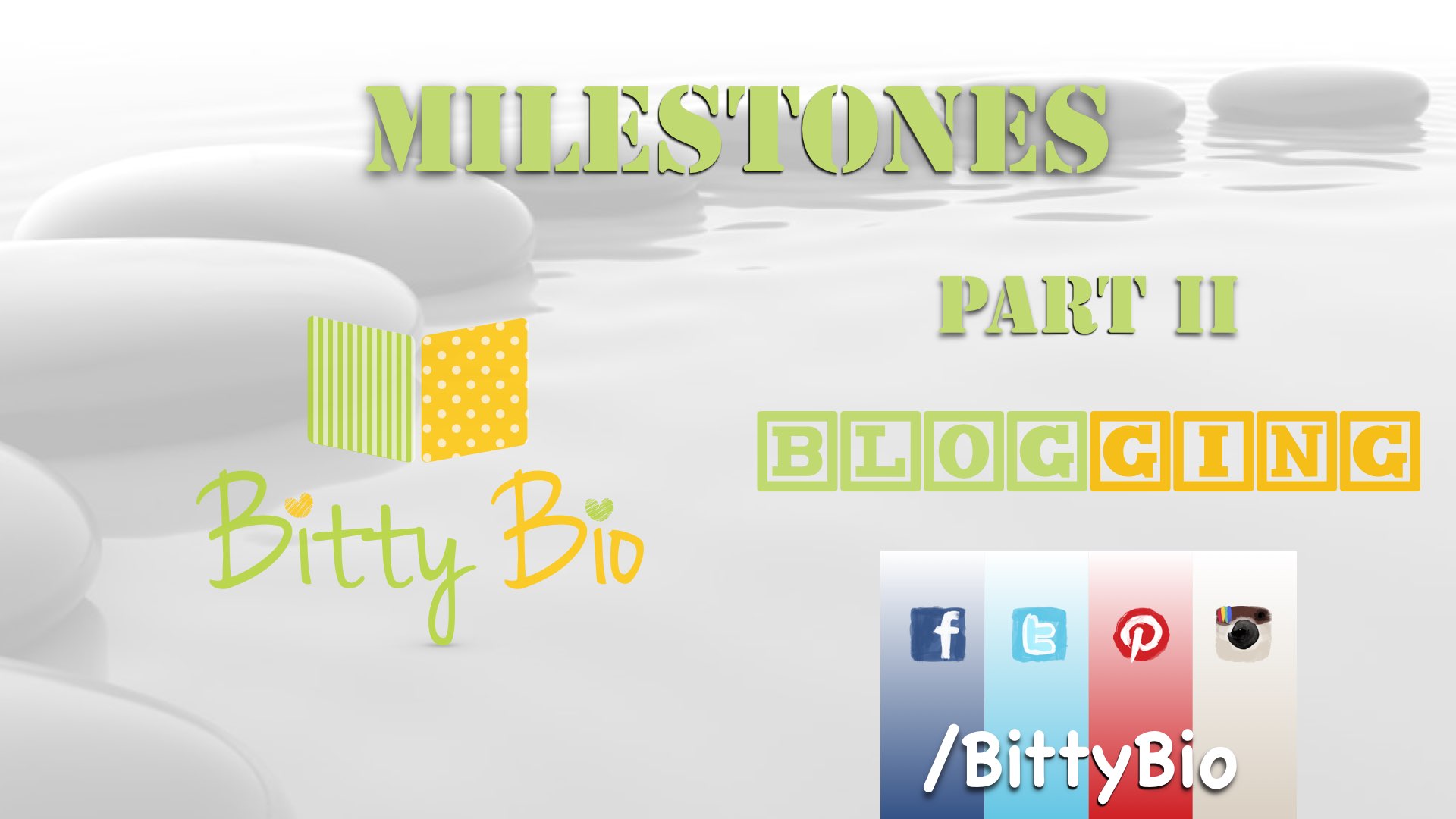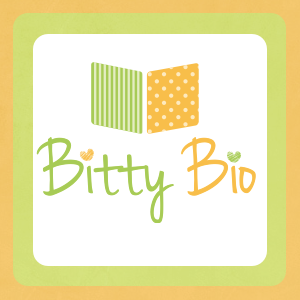Language Milestones 12 Months to 24 Months
24/02/15 09:00 Filed in: Milestones
Speech and Language milestones are a helpful guideline to ensure that your child is on track to becoming a great reader. Remember that these are only guidelines and every child is different.
In case you missed our last entry we looked at milestones for your child from Birth to 12 months. Our focus in this entry will be looking at children ages 12 to 24 months.
This is a 3 Part Blog Series:
Part I - Birth to 12 Months
Part II - 12 to 24 Months
Part III - 2 to 5 Years

In case you missed our last entry we looked at milestones for your child from Birth to 12 months. Our focus in this entry will be looking at children ages 12 to 24 months.
This is a 3 Part Blog Series:
Part I - Birth to 12 Months
Part II - 12 to 24 Months
Part III - 2 to 5 Years

12 to 18 months
How you can help your child’s speech and language grow:
How you can help your child’s speech and language grow:
From 12-18 months, your child:
- Shows you objects when you name them
- Shows you a few simple body parts - like nose, tummy, foot
- Says from 5-10 “real” words, although they may not be clear
- Says words like “more”, “mine”, “bye”
- Says many sounds together in a “sentence” that you may not understand
- Repeats words and actions of other people
- May not speak clearly
- Shows you he/she doesn’t want something by saying “no”, shaking his/her head, moving away, or frowning
- Makes sounds and points to objects that he/she wants
- Plays alone or watches other people play
How you can help your child’s speech and language grow:
- Show new objects and toys to your child – talk about what you and your child are doing - use short sentences
- Play with your child using the toys he/she likes
- Read lots of books together, but don’t worry about reading all the words - talk about what your child is interested in
- Pay attention to what your child is saying instead of how he/she is saying it - his/her speech won’t be clear yet
- Don’t just get what your child wants; wait for your child to ask
- If your child doesn’t say a word properly, repeat it the right way without correcting him
- Don’t use “baby-talk” - use real words
- Use words to label objects, actions and describe how things look, feel, taste and sound
18 to 24 months
From 18 to 24 months, your child:
- Understands simple directions like “drink your milk”
- Can show you body parts on himself/herself
- Says names of things, actions, people’s names
- Starts to use two words together (more milk, car go) and by age 2 can say at least 50 words
- Asks “what’s that?” (may sound like whadat or whatssat)
- Speaks so that you can understand most words
- Listens to stories with pictures
- Carries on a “conversation” with himself/herself and dolls, animals or other toys
How you can help your child’s speech and language grow:
- Be a good speech model-use correct words and phrases without correcting your child directly
- Talk about new words such as “on”, “under”, “open”, “broken”
- Read lots of books together - let your child choose books that he/she likes
- Play children’s music and stories and listen with your child
- Sing songs and recite nursery rhymes together
- Praise your child’s efforts to communicate
- Talk about new places and experiences before you go, while you are there, and when you get home
- Expand what your child says - if your child says “dog”, you say “big dog”
Adapted from smallTALK
www.smalltalkinfo.ca
Thanks for joining us. Please leave a comment below and share the post.
blog comments powered by Disqus
